LESSONS: Piano
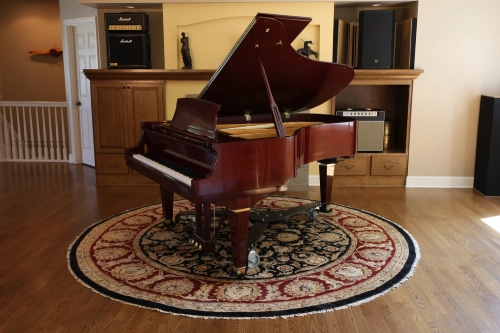
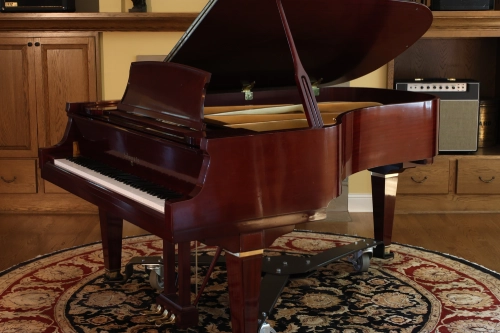
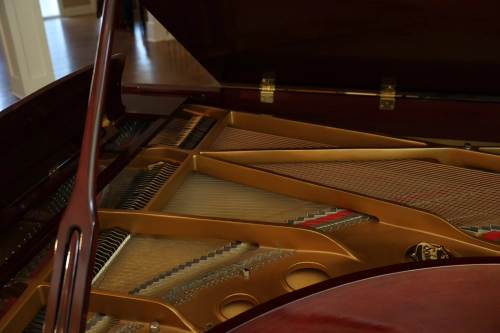
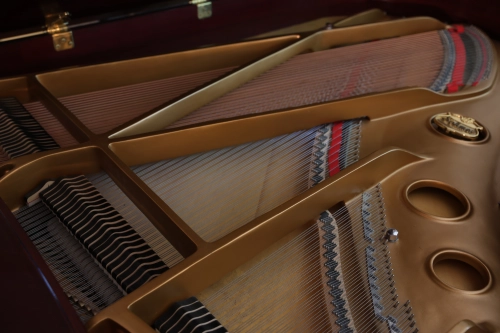
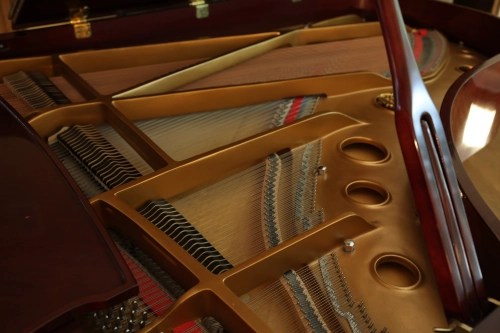
If an instrument is thought of as an interface to the universe of musical syntax, the piano is arguably by far the most comprehensively robust interface among traditional musical instruments. It still only nicks off a tiny sliver of the infinite array of musical information - but it’s the most functionally and extensive among the array slivers.
Should a young student undertake piano training before drums and guitar? Piano skills are valuable to have for any musician, but for young students, I would recommend starting with whatever they find most appealing.
If a young student lacks a specific inclination as to what instrument to start with, I would say the piano is an effective selection, assuming a weekly at- home workout regimen. The physical and intellectual demands of learning the piano - even at the beginning level - are far higher than for any field of traditional academic study. It requires work.
